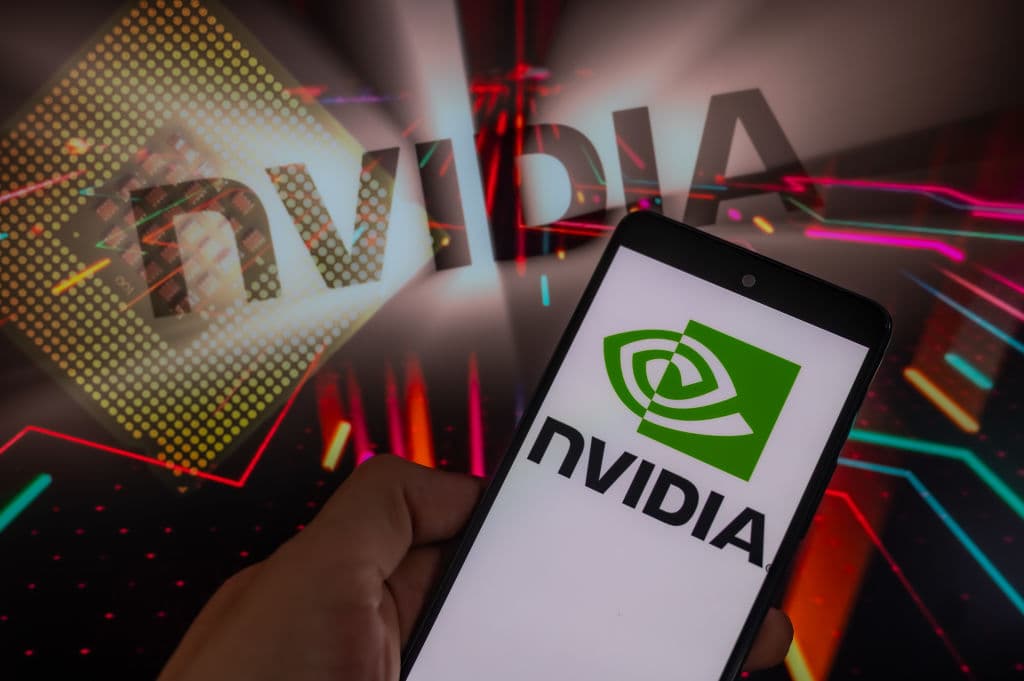Nvidia expands AI ties with Hyundai, Samsung, SK, Naver | TechCrunch

News Summary
Nvidia CEO Jensen Huang, on his first visit to South Korea in fifteen years, unveiled new plans to deepen collaborations with major Korean tech companies including Hyundai Motor, Samsung, SK, and Naver. During the APEC Summit 2025, Nvidia and the South Korean government announced an expanded partnership to boost the country’s AI infrastructure and physical AI capabilities. This announcement follows closely on the heels of the U.S. signing technology deals with Japan and South Korea, aiming to deepen strategic ties and boost collaboration on emerging technologies like AI and semiconductors. The South Korean government revealed it would secure over 260,000 of Nvidia’s latest GPUs to meet growing AI demands, with 50,000 supporting public initiatives and over 200,000 allocated to companies like Samsung, SK, Hyundai Motor Group, and Naver for AI-driven manufacturing innovation and industry-specific AI model development. Specific collaborations include: Samsung partnering with Nvidia to build an AI Megafactory, develop next-gen HBM4 memory, and co-develop AI-RAN with Korean telecom operators. Hyundai and Nvidia are joining forces on AI infrastructure for autonomous mobility, smart factories, and robotics, utilizing 50,000 Blackwell GPUs. SK Group is building Asia’s first enterprise-led manufacturing AI cloud with Nvidia, while Naver Cloud is developing a next-generation “Physical AI” platform connecting physical and digital worlds.
Background
Nvidia holds a dominant position in the AI chip market, with its GPU products being indispensable for current AI technology development. In recent years, Nvidia has solidified its market leadership through continuous technological innovation and strategic partnerships, with its market capitalization surpassing $5 trillion. In 2025, the Trump administration continues its term, with a foreign policy emphasizing strengthening alliances with key partners through technological cooperation, especially in strategic fields like semiconductors and AI. Recently, the U.S. signed multiple technology cooperation agreements with Japan and South Korea, aiming to build more resilient supply chains and jointly address technological challenges. South Korea, a critical hub for global semiconductor manufacturing and technological innovation, is heavily investing in enhancing its national AI infrastructure and competitiveness to gain an advantage in the global AI race.
In-Depth AI Insights
Beyond stated collaboration, what are the true strategic imperatives driving Nvidia's aggressive expansion into vertical industries and deeper alliances, particularly with Korean conglomerates? - Nvidia's move transcends simple product sales; it's about achieving 'ecosystem lock-in' within critical Korean industries by deeply integrating its software ecosystem (like Omniverse) and hardware solutions. Partnering with giants like Samsung, Hyundai, SK, and Naver positions its AI platforms as fundamental infrastructure for Korean manufacturing, mobility, cloud computing, and digital services, creating formidable barriers to entry. - By establishing 'AI Megafactories' and forging advanced technology collaborations like HBM4 in South Korea, the world's second-largest semiconductor producer, Nvidia aims to secure future AI chip production capacity and supply chain resilience. This could also serve as a global AI manufacturing showcase, further cementing its influence over AI hardware standards. - Against the backdrop of the Trump administration's emphasis on technology alliances and supply chain resilience, Nvidia's deep cooperation with South Korea also carries geopolitical significance. It helps strengthen the U.S.-led tech ecosystem and builds technological advantages and barriers against potential competitors, such as China, in the AI domain. How might this intensified U.S.-South Korea tech collaboration in AI influence the broader U.S.-China tech rivalry and global semiconductor/AI supply chain dynamics, especially given the Trump administration's stance? - This collaboration will further solidify the U.S.-centric global AI supply chain, promoting a closed-loop development of critical technologies (e.g., AI chips, HBM, AI-RAN) within allied systems. This could lead to greater challenges for non-allied nations in accessing the most advanced AI technologies and products, thereby accelerating a 'bipolarization' trend in the global tech industry. - While South Korea's acquisition of a substantial number of Nvidia GPUs and development of national AI infrastructure will significantly elevate its position in the global AI ecosystem, it may also increase its reliance on Nvidia's technology. This presents both opportunities (e.g., technology transfer) and challenges (e.g., market squeezing) for South Korea's domestic semiconductor industry, particularly in non-memory chip design and manufacturing. - Given the continuation of the Trump administration's tech restrictions on China, this move is likely to spur China's localization efforts in AI chips and AI infrastructure. Chinese companies will face increased urgency to develop indigenous and controllable AI hardware and software stacks, potentially accelerating the diversification of global AI technology standards in the medium to long term. What are the second-order investment implications for non-Nvidia AI hardware developers and other semiconductor players as Nvidia entrenches itself deeper into manufacturing and industry-specific AI solutions? - For non-Nvidia AI chip developers (e.g., AMD, Intel, or startups), this deep integration signifies intensified competitive pressure. Nvidia is no longer just supplying chips but offering comprehensive solutions like 'AI Megafactories' and 'Physical AI platforms,' compelling competitors to also provide more holistic, ecosystem-level services to compete effectively. - For South Korean domestic semiconductor companies, especially memory manufacturers (like SK Hynix), collaboration with Nvidia on next-generation memory like HBM4 presents a significant opportunity, securing their critical position in the AI supply chain. However, for other Korean companies attempting to enter AI chip or AI infrastructure sectors, Nvidia's formidable presence may limit their market access and growth trajectory. - This partnership underscores the trend of AI and hardware convergence, indicating that future AI competition will not be limited to single components but will evolve towards vertically integrated, end-to-end solutions. Investors should focus on companies capable of offering a complete AI stack (from chips to software to industry applications) or specialized AI service providers with irreplaceable expertise in specific vertical domains.